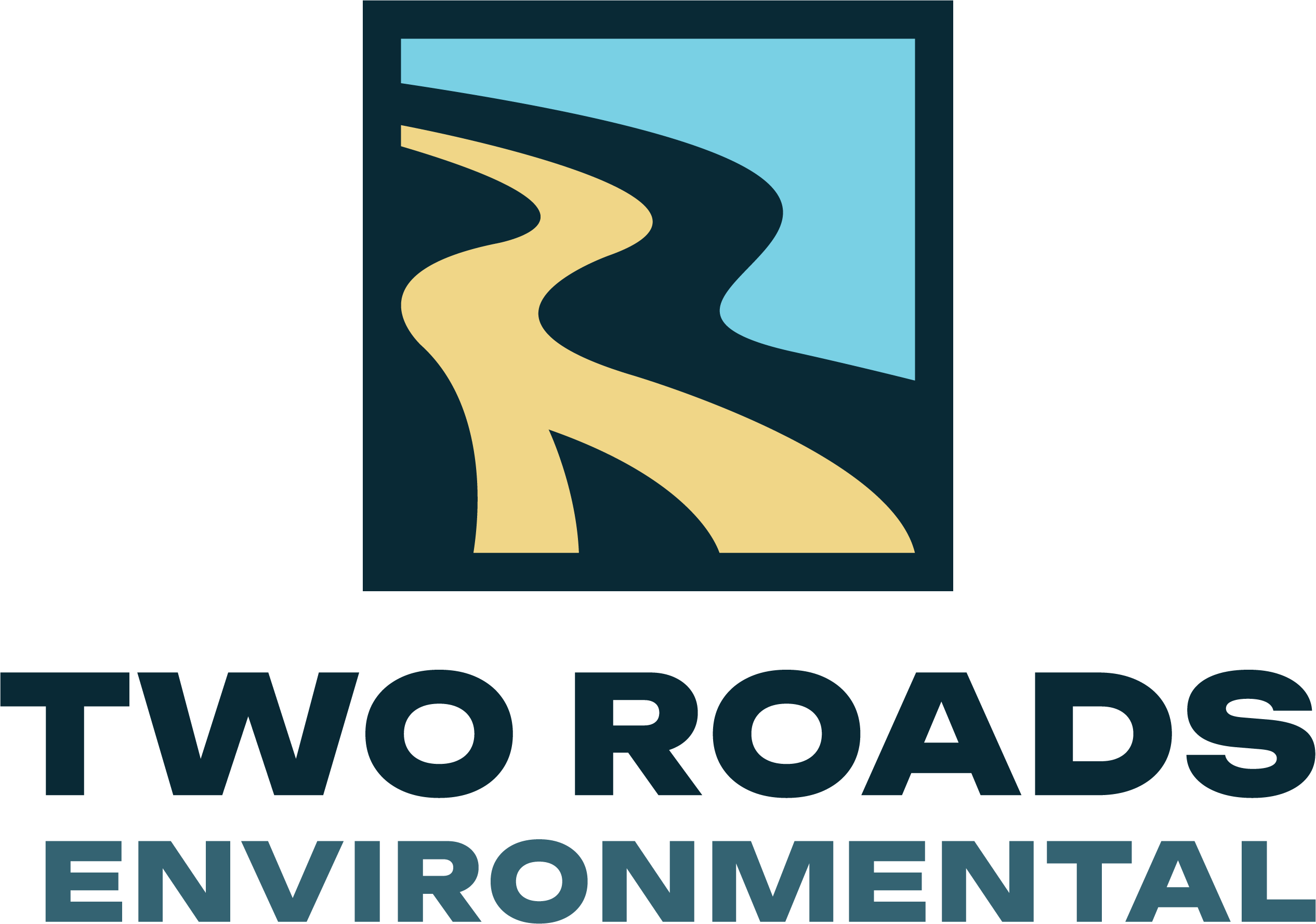TRE specializes in air quality planning at the programmatic level. Whether you are looking for additional air quality expertise to supplement your organization’s existing capacity, interested in crafting an air quality project or program that matches your local interests, or want to better understand air quality in your community, TRE can help.
Air Quality Environmental
Consulting Services
Environmental Consulting Services:

There are numerous data sources available that shed light on air quality in a given area. Understanding what air quality data is available, whether the data is representative and what data gaps exist for a specific area is important to any air quality program. TRE can help gather this air quality information, evaluate it and craft any next steps in data gathering to inform an air quality project or program as a whole.
Maybe there are existing air quality monitors in an area, or maybe not. Understanding the details of what is being measured, where, how, why and when is important to air quality programs. Maybe more air quality monitoring is being considered or required. Understanding the reasoning for additional monitoring and associated expectations should inform the development of any monitoring plan. TRE can help develop monitoring plans, coordinate the monitoring project and evaluate air quality data.
More than ever before environmental justice and equity considerations must be incorporated into air quality planning. There are a number of different mapping tools available to identify areas of interest as well as burdens placed on those areas. Different agencies may have a multitude of expectations on how to incorporate these considerations in air quality planning efforts. Additionally, those expectations may change over time, given that this field is new and rapidly evolving. TRE can help develop a plan that incorporates environmental justice and equity into air quality programs.
Any air quality program should engage the public and other stakeholders to solicit their input early and often in order to more broadly plan and implement that program. Without such input, that program is less likely to succeed. Identifying who to engage, how to engage, using what methods, when and how often is crucial in any planning effort. Different stakeholders may require different approaches to truly gather input and ultimately incorporate that input into a successful air quality program. TRE can help with public and other stakeholder engagement.
Air quality laws, regulations, policies and guidance are constantly changing. Keeping up to date is challenging in itself. Interpreting them and how they interplay with each other and with other laws, regulation, policies and guidance can be even more challenging. Air quality programs must maintain a current working knowledge in order to apply them correctly. These laws, regulations, policies and guidance can be confusing or even conflict with each other. TRE can help air quality programs stay updated as well as provide interpretations on air quality laws, regulations, policies and guidance.
Commonly air quality programs must interface with federal, state or local agency partners. These partners may have different missions and objectives, as well as different procedures to navigate. TRE can help, whether just keeping track of partners’ air quality issues and/or programs, or actively engaging with those partners to find common ground.
Expectations for air quality programs have increased by leaps and bounds in recent years, yet there has been a lag in availability of funding and expertise needed to address some air quality issues. The Inflation Reduction Act and Infrastructure Investment and Jobs Act both provide funding opportunities for a variety of climate related air quality programs and projects. States are also making a variety of funding opportunities available to further various air quality related-initiatives, whether for climate, air toxics, environmental justice and equity, or other air quality initiatives. Securing both funding and expertise is critical to support an air quality program. TRE can help screen funding opportunities, apply for grants, provide and/or scope expertise needed to develop and implement a specific air quality program.
To improve air quality, air emission reduction programs must be developed and implemented. Federal agencies have set emission standards for vehicles and non-road engines, established fuel standards, as well as established a number of technology forcing and work practice standards for industry that become more stringent in areas not meeting federal air quality standards. States and local governments have established more localized emission standards depending on the sources contributing to air quality issues in their areas. However, to meet recent and more stringent air quality standards, air quality improvement must go beyond traditional emission reduction strategies. To improve air quality today, opportunities with transportation, building heating and energy use, lawn and garden equipment, consumer products, land use and more should be considered. TRE can help evaluate opportunities, scoping air quality improvement projects and associated costs and benefits for consideration as either regulatory or voluntary projects.
Air quality improvement programs and projects often require support from decision-makers who ask tough questions and require sound, science-based answers. Air quality being a hot topic in public venues, can mean elected officials and other decision-makers are posing questions to federal, state and local governments and implementing agencies and organizations on options to improve air quality in specific areas. This can translate into the legislative process, rulemakings and other hearings before decision-making bodies. TRE can help advise decision-makers, inform legislation, navigate rulemakings and other hearings.
CONSULTING PROJECT PORTFOLIO EXAMPLES
1
Advising clients on a current or potential nonattainment designation in a specific region
2
Developing a process to better understand what contributes to air quality in a specific region for clients
3
Creating content for short educational videos for public education for clients
4
Crafting policy options for clients in responding to air quality issues
5
Identifying implications of state legislation and interpreting associated fiscal notes regarding air quality resource allocations for clients
6
Following decision-making boards and commissions’ public meetings, hearings and more as they pertain to client interests and reporting back to clients
7
Engaging with decision-making boards and commissions’ at public meetings, hearings and more as directed by clients
8
Evaluating air quality improvement projects and programs according to client priorities
9
Scoping an ambient air quality monitoring program to inform decision-making for clients
10
Applying for state funding related to air quality projects
